Beyond Human Ingenuity Series
A series of thought-provoking articles shedding light on the intricate world of intellectual property in AI inventions.
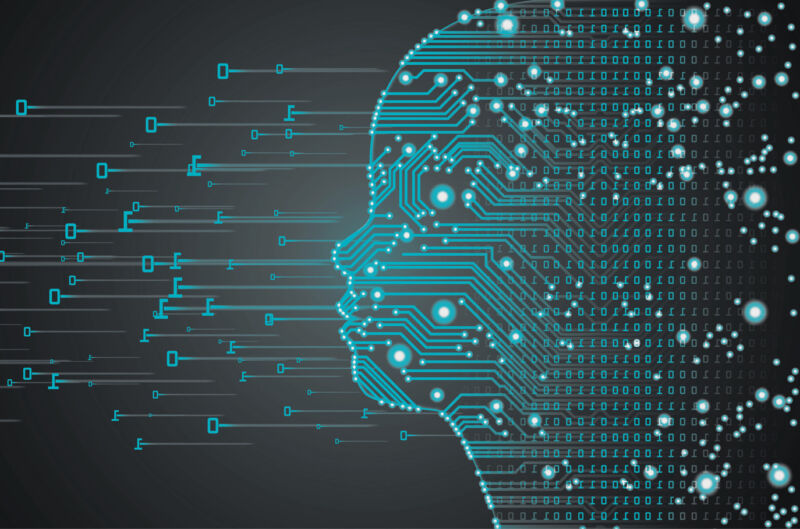
Empowering Innovation, Shaping Tomorrow
Latest in the series

Streamlining AI patents in Australia using European strategies
The European Patent Office (EPO) approach to assessing AI inventions can provide strategic advantages in progressing corresponding Australian patent applications through examination, offering real value for those looking to enhance their global patent portfolio.
Read more
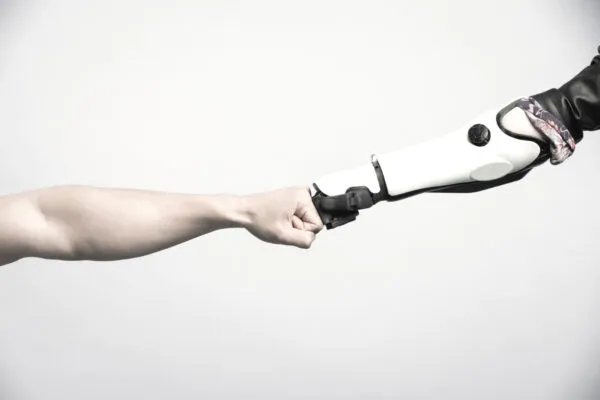
Biotech patents in an AI-enabled world
The thoughtful combination of AI-based predictive tools and experimental can potentially enable broad biotech patent genus claims. We explore the role AI tools will play in supporting biotech patent strategies.
Read more

Inventing with AI: Inventorship and protection for AI-assisted inventions
AI's role as a research tool is well-established, with inventors continually finding new ways to utilise AI in assisting with the creation of innovative solutions. But can AI-assisted inventions secure patent protection?
Read more
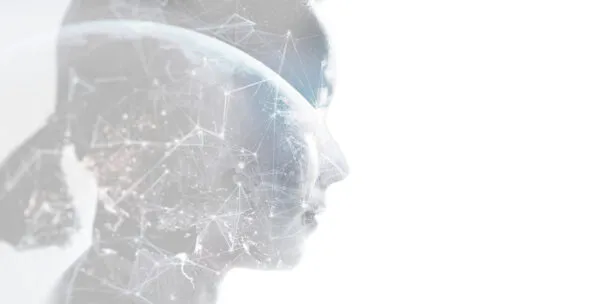
AI in IP – where are we now?
In 2021, ‘DABUS’ made global headlines, sparking excitement in the IP world. Three years on, what’s next? From legal battles to global perspectives, we explore the evolving landscape of intellectual property law.
Read more
Latest News & Insights
AI Inventor Series
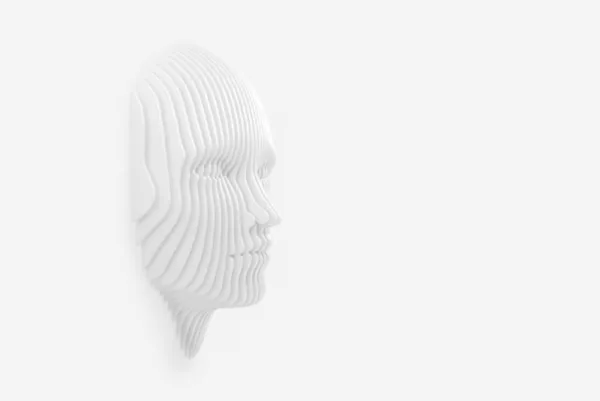
To err is human, to invent need not be
Can Artificial Intelligence (AI) really be recognised as an inventor? Yes, according to Justice Beach’s ruling in the Australian Federal Court on Friday 30 July. Could Australia be the world's first to recognise an AI machine ('DABUS') as an inventor?
Read more

System.out.println(“Eureka!”)
Second in our series, we take a step back and ask “Can a machine actually invent?” - all this aside from posing the question on whether or not a machine should be recognised as such.
Read more
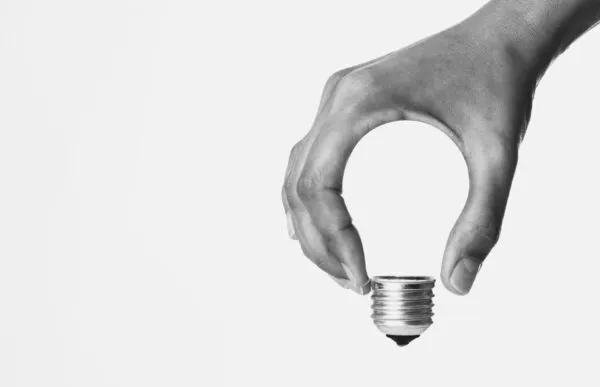
In silico, ex machina, inventor?
Third in our series, we explore what the law requires a human to do in order to be seen as an inventor, and look at other non-human contributions to invention. We present three scenarios of AI machine contribution and get perspectives from both the life sciences and engineering perspectives.
Read more
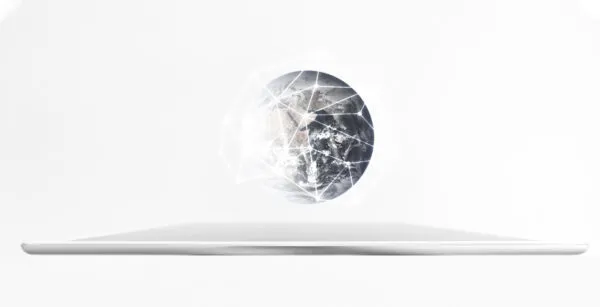
When is an inventor not an inventor?
As we come towards the end of our series , we look at the approach to identifying inventorship in patent applications. Could a Non-Human Contributor (NHC) be the alternative approach?
Read more